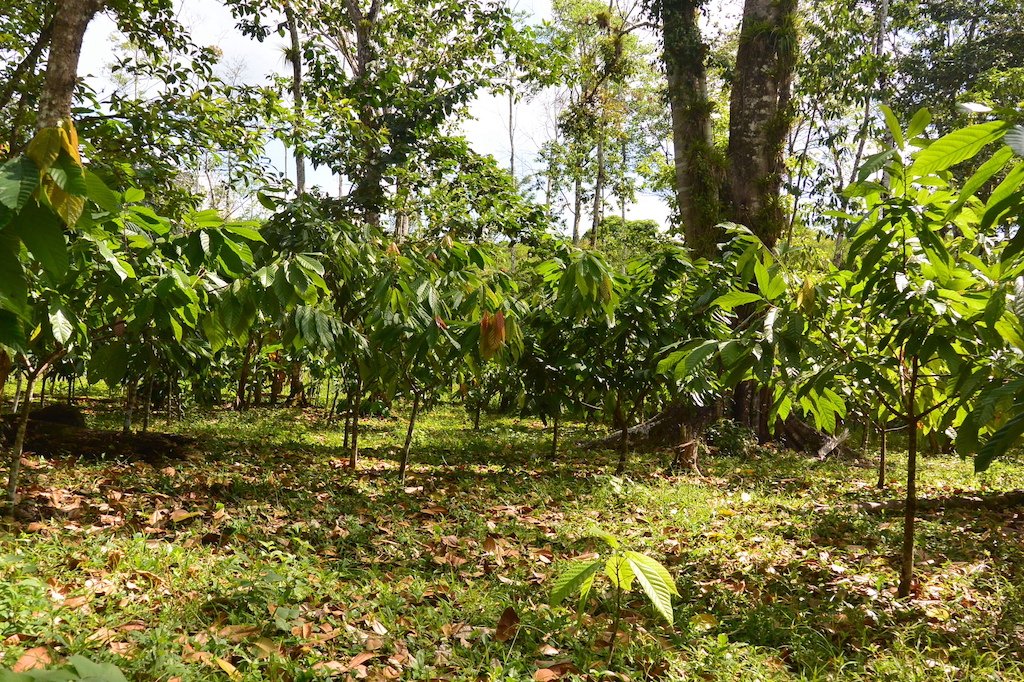Phone: +233 24 418 2515
Email: info@ccseghana.com
ACTION FOR CLIMATE EMPOWERMENT

Action for Climate Empowerment (ACE) is a term adopted by the United Nations Framework Convention on Climate Change (UNFCCC). It refers to Article 6 of the Convention’s original text (1992), focusing on six priority areas: education, training, public awareness, public participation, public access to information, and international cooperation on these issues.
The implementation of all six areas has been identified in recent years as the pivotal factor for everyone to understand and participate in solving the complex challenges presented by climate change. The importance of ACE is reflected in other international frameworks such as the Sustainable Development Goals (SDGs), the Global Action Programme for Education for Sustainable Development (GAP on ESD) and the Aarhus Convention.
Members of CCSE are part of the ACE working group of the youth Constituency (Youngo) of the United Nations Framework Conventions on Climate Change and they contribute in policy formulation and implementation.
CCSE is also actively involved in the annual ACE dialogue, which is organized by the UNFCCC Secretariat at the Bonn SBI Sessions. Ghana has successfully incorporated Climate Change Education in School Curriculum at the basic level and through our Teach for Climate (T4C) Initiative; training workshops are organized for Basic School teachers on how to incorporate quality climate change education in their teaching. They are able to teach their students and sometimes able to empower the entire community to take actions to mitigate and adapt to the effects of climate change.
BIODIVERSITY CONSERVATION

Biodiversity is the very basis of human survival and economic well-being and encompasses all
life forms, ecosystems and ecological processes. Unfortunately, Biodiversity loss and
conservation have been a global focus for such a long time. Human activities have degraded
Ghana’s Biological resources significantly and species are constantly becoming endangered.
Young people are an important constituency in the conservation of biodiversity and have a huge
impact on it.
Illegal Mining popularly known as “Galamsey” is destroying our cocoa farmlands, which houses
certain species of birds and provides shades for certain plants and animals in our ecosystem.
Clearing of cocoa farmlands destroys many wildlife habitats and plant species diversity is
drastically reduced.
At CCSE, we sensitize and educate cocoa farmers in our communities on the importance of
Cocoa farms to biodiversity conservation. We also empower and give them training on
Sustainable Cocoa production.
CLIMATE RESILIENT AGRICULTURE

Young farmers in Ghana are experiencing the effects of agriculture on their farmlands in the
form of increasing temperatures, weather variability, shifting agroecosystem boundaries,
invasive crops and pests, and more frequent extreme weather events. With the requisite
knowledge and expertise, they can be very innovative in agriculture by adapting Climate resilient
agriculture techniques. Climate resilient agriculture involves a wide-range of practices that
sustainably increase productivity and resilience, reduce and/or remove greenhouse gas emissions
where possible and augments the achievement of food security.
It is in that regard that CCSE started its Model Climate Smart Agriculture in 2021 (MOCSA) in
the Eastern Region of Ghana. The MOCSA project provides a learning platform for CCSE
members to have a hand on experience on how to practice Climate Smart Agriculture by
integrating climate resilient crops and livestock rearing on the same piece of land at the same
time.
FOREST RESTORATION

Trees are an important part of every community. The streets, parks, playgrounds and backyards
when lined with trees creates a peaceful, aesthetically pleasing environment.
Trees contribute to the environment by providing oxygen, improving air quality, climate
amelioration, conserving water, preserving soil, and supporting wildlife.
Trees also lower the air temperature and reduce the heat intensity of the greenhouse effect by
maintaining low levels of carbon dioxide.
CCSE initiated the 1 Life – 1 Tree (1L1T) project in 2020 to mobilize the planting of 1 million
trees in communities highly affected by the effects of climate change. The 1 million trees
includes mangroves to protect life under water.
The first 300 trees were planted in the year 2020 involving 12 communities. In the year 2021,
Trees were planted in the Okurase in the Eastern Region of Ghana and Tumu in the Northern
Region of Ghana.
WASTE MANAGEMENT

Waste management as a priority is critical to addressing the Sustainable Development Goals
(SDGs).The waste management challenge in Ghana remains uphill despite several interventions
by government and other major stakeholders. It is an issue that traverses the economic, social,
and environmental dimensions of the country and finding innovative solutions is critical now
more than ever.
The waste management sector in Ghana requires action on multiple fronts, include investment in
waste reduction, reuse and recycling. The vast majority of e-waste in Ghana is managed under
poor environmental, health and safety conditions. Open burning of cables and manual
disassembly of lead-acid batteries are still widely used practices, causing significant
environmental pollution and damage to human health.
CCSE in partnership with an association in the informal e-waste recycling sector at
Agbogbloshie (An e-waste scrapyard in the suburb of Accra) and provides them with training on
best practices in recycling e-waste.
